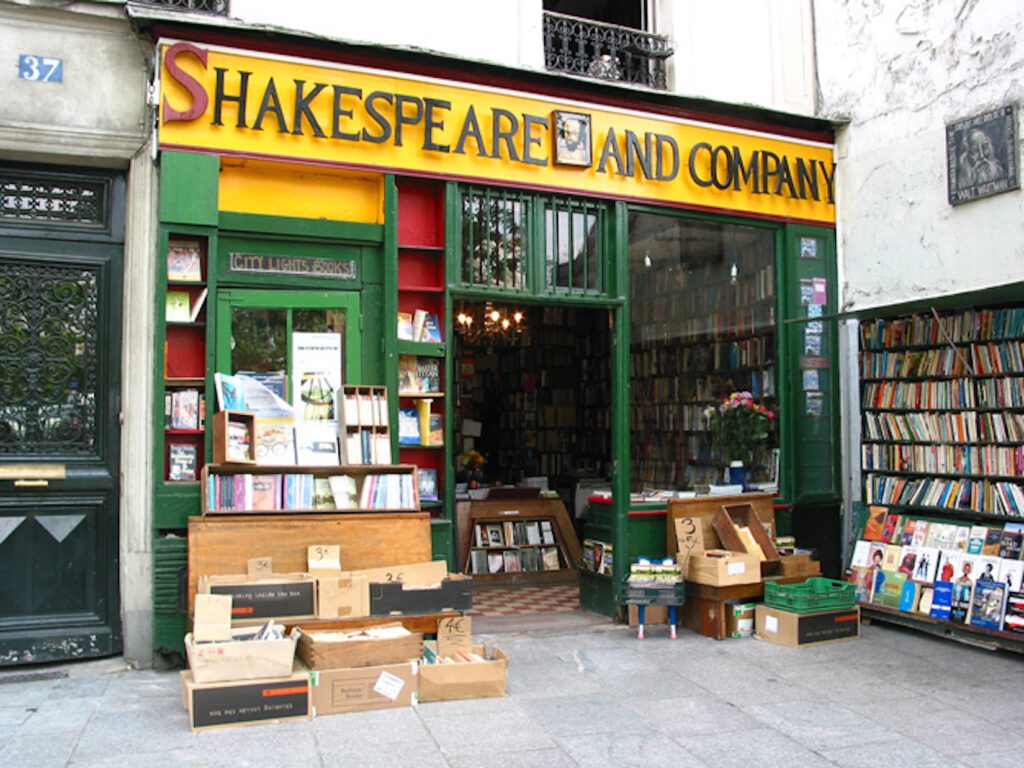The Lost Generation refers to a group of American writers and artists who came of age during World War I and were deeply affected by the trauma and disillusionment of the war. Their literature, including works by Ernest Hemingway and F. Scott Fitzgerald, explored themes of war, loss of innocence, and the search for meaning in a changing world. The impact of World War I and the literature of the Lost Generation on society and culture, as well as their influence on the modernist literary movement, are still felt today. The term “Lost Generation” has become a cultural reference and their works continue to resonate with contemporary audiences.
The Lost Generation: Uncovering the Literary Impact of World War I
Introduction
The Lost Generation is a term coined by Gertrude Stein to describe a generation of American artists who came of age during World War I. This group of writers and artists, disillusioned and scarred by the horrors of war, produced a body of literature that continues to resonate and shape the literary landscape to this day.
The Impact of World War I
World War I, often called the Great War, was a devastating conflict that ravaged Europe and reshaped the world. The war resulted in the loss of millions of lives, shattered economies, and a profound sense of disillusionment among those who lived through it. The war not only had a profound impact on the individuals who fought and witnessed its horrors, but it also had a lasting effect on society and culture, including the world of literature.
The Trauma of War
For many soldiers who fought in World War I, the experience was traumatizing. The trench warfare, the constant fear of death, and witnessing the inhumanity of war all left a deep mark on these individuals. Many writers of the Lost Generation, such as Ernest Hemingway and F. Scott Fitzgerald, served during the war and drew on their experiences to create works that reflected the trauma and disillusionment of the time.
Loss of Innocence
World War I shattered the idealism and optimism of an entire generation. Before the war, there was a prevailing belief in progress and the infallibility of Western civilization. However, the scale of destruction and the senselessness of the war shattered these illusions and left many feeling lost and disillusioned. This loss of innocence and the questioning of traditional values became a recurring theme in the literature of the Lost Generation.
The Writers of the Lost Generation
Ernest Hemingway
Ernest Hemingway is perhaps the most iconic writer of the Lost Generation. His experiences as a Red Cross ambulance driver during the war deeply influenced his writing. Hemingway’s novels, such as “A Farewell to Arms” and “The Sun Also Rises,” capture the disillusionment, nihilism, and emotional detachment that characterized the era. His spare and minimalist writing style became emblematic of the movement.
F. Scott Fitzgerald
F. Scott Fitzgerald, known for his classic novel “The Great Gatsby,” also belonged to the Lost Generation. Although he did not serve in World War I, Fitzgerald was deeply affected by the aftermath of the war. His writing explores themes of wealth, decadence, and the disintegration of the American Dream. Fitzgerald’s works beautifully capture the excesses and emptiness of the post-war era.
Gertrude Stein
Gertrude Stein, the woman who coined the term “Lost Generation,” was a central figure in the literary and artistic circles of the time. Her salon in Paris became a meeting place for writers and artists from around the world. Stein’s avant-garde writing style and experimental approach to language influenced many writers of the Lost Generation, including Hemingway and Fitzgerald.
Legacy and Influence
The literature of the Lost Generation continues to hold relevance in the modern world. The themes of war, disillusionment, and the search for meaning in an uncertain world are still explored by contemporary writers. The influence of these writers can be seen in the works of authors such as Norman Mailer, Toni Morrison, and Tim O’Brien.
The Impact on Modernism
The works of the Lost Generation were instrumental in shaping the literary movement known as Modernism. Modernist writers challenged traditional literary norms and experimented with form and style. The spare prose and fragmented narratives of the Lost Generation writers became hallmarks of Modernist literature.
The Lost Generation in Popular Culture
The term “Lost Generation” has entered popular culture and is often used to describe any group of disillusioned young people. It has been referenced in popular songs, films, and books, further solidifying its place in the collective consciousness.
Conclusion
The Lost Generation, a group of writers and artists scarred by the experience of World War I, produced a body of literature that continues to resonate and shape the literary landscape. Their works explore the trauma, disillusionment, and loss of innocence that characterized the era. The literature of the Lost Generation remains a powerful testament to the effects of war and the enduring human spirit.
